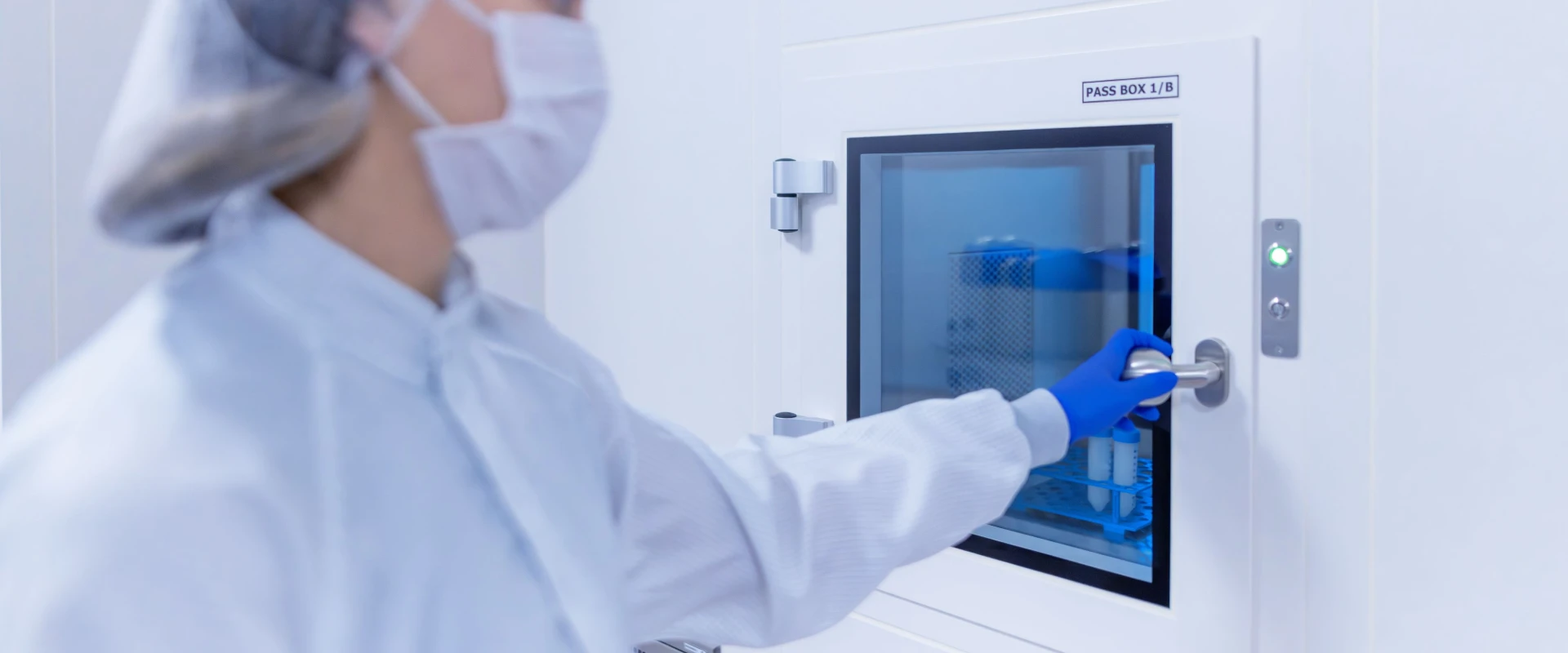Disposable isolation gowns have become a cornerstone of infection control and health protection in hospitals, clinics, laboratories, and even industrial facilities. As the global demand for personal protective equipment (PPE) continues to rise, B2B buyers face increased pressure to select medical gowns that offer optimal safety, reliability, and value. The right choice not only protects healthcare professionals and patients but also supports operational efficiency and compliance. In this article, we break down the top five factors every B2B buyer should consider when evaluating disposable isolation gowns, along with essential information about certifications, supply chain reliability, and the latest advancements in gowning technology.

Whether you’re sourcing for a large healthcare group, a laboratory, or an industrial partner, understanding the nuances of disposable isolation gowns, personal protective gowns, and types of gowning is critical to achieving both safety and regulatory goals.
Material Quality and Industry Certifications
The first and most fundamental factor in evaluating disposable isolation gowns is the quality of materials and the presence of recognized certifications. The choice of material determines not only the barrier protection offered by a gown but also its comfort and usability for extended wear.
Common Materials in Disposable Isolation Gowns
For instance, INTCO Medical’s isolation gowns leverage advanced materials such as SMMS and SPP+PE, offering both comfort and reliable barrier performance. The use of non-latex designs also eliminates allergy risks for sensitive users.
Importance of Certifications
INTCO Medical’s gowns, for example, meet domestic standards such as GB 15979-2002 and international standards like EN 13795:2011 + A1:2013. These certifications ensure that the gowns deliver consistent, validated protection and performance.
How Material and Certification Impact Protection
The selected material and its certification level directly influence the gown’s protective capabilities. For example, AAMI PB70 levels, which classify gowns from 1 to 4 based on fluid resistance, help buyers match products to specific risk environments. Level 2 gowns, typically made from SMMS or SPP, offer basic barrier protection, while Level 3 gowns with SPP+PE or heavier SMMS provide enhanced defense against blood and body fluids during high-risk procedures.
Protection Levels, Types of Gowning, and Compliance
Selecting the appropriate level of protection is the next critical step for B2B buyers. Understanding the differences between various types of gowning, including surgery gowns, medical gowns, and general PPE gowns, can help organizations tailor their purchasing decisions to specific operational needs.
Understanding AAMI PB70 Protection Levels
INTCO Medical manufactures both Level 2 and Level 3 isolation gowns, ensuring that buyers can find the right fit for their intended application. Their Level 2 gowns utilize SMMS or SPP materials for breathability and moderate resistance, while Level 3 gowns with SPP+PE construction deliver superior fluid protection and strength.
Choosing the Right Types of Gowning
For example, personal protective gowns from INTCO Medical are available in white, blue, and yellow, and offer ergonomic designs with adjustable waistbands for a secure fit. This diversity ensures compatibility with different clinical workflows and user preferences.
Regulatory Compliance
Maintaining compliance with national and international regulations is non-negotiable for healthcare providers and their suppliers. B2B buyers should verify that all disposable isolation gowns meet the relevant standards before purchasing. Official resources, such as the CDC’s PPE guidance, can provide additional direction on gown use and selection.
Manufacturing Consistency and Traceability
In the world of medical consumables, manufacturing consistency is pivotal. A single defective batch of disposable isolation gowns can jeopardize safety and cause regulatory headaches. B2B buyers should prioritize suppliers that demonstrate rigorous quality control, advanced traceability, and robust documentation practices.
Quality Control in Large-Scale Production
Established manufacturers like INTCO Medical employ automated production lines and batch tracking systems to ensure consistent output. Their isolation gowns are produced with ultrasonic-welded seams and undergo strict quality checks to meet both domestic and international standards.
Traceability Systems
For more information about INTCO’s manufacturing processes and certifications, visit their about page.
How B2B Buyers Can Verify Consistency
Buyers should ask for documentation of production runs, test results, and certification validity. Reputable suppliers will offer transparency regarding their manufacturing workflows and provide access to compliance data upon request.

Supply Chain Reliability and Scalability
Uninterrupted supply of disposable isolation gowns is a priority for healthcare providers, especially during surges in demand. B2B buyers must evaluate the manufacturer’s capacity to deliver large or urgent orders and their ability to adapt to global supply chain disruptions.
Assessing Manufacturer Capacity
Manufacturers with proven scalability, such as INTCO Medical, have the infrastructure to fulfill high-volume orders and respond quickly to market needs. Their global distribution networks and large-scale production facilities minimize the risk of stockouts and delays.
Navigating Supply Chain Disruptions
The COVID-19 pandemic highlighted the vulnerabilities in global PPE supply chains. To safeguard operations, buyers should seek suppliers with diversified sourcing and logistics channels, and established contingency plans. According to the World Health Organization, these measures are essential for maintaining reliable access to medical gown supplies.
Benefits of Working with Established Manufacturers
Partnering with industry leaders ensures access to technical support, up-to-date product specifications, and after-sales service. For direct support and inquiries about INTCO Medical’s products, buyers can use the company’s contact page.
Sustainability and Eco-Friendly Initiatives
Sustainability is an emerging priority in the realm of disposable isolation gowns and PPE gowns. Medical facilities are increasingly seeking environmentally friendly alternatives that do not compromise on safety or performance.
Demand for Sustainable Medical Consumables
Growing awareness of medical waste has driven innovation in biodegradable and recyclable gown materials. Buyers should evaluate whether their suppliers are investing in greener production methods and exploring alternatives to traditional plastics.
Innovation in Biodegradable and Recyclable Gowns
- What eco-friendly materials and processes are in use?
- Are there certifications for environmental compliance?
- How is packaging optimized to reduce waste?
Partnering with the World’s Largest Isolation Gown Manufacturer
Selecting the right disposable isolation gowns requires a holistic approach—one that carefully weighs material quality, certification, protection level, manufacturing consistency, supply chain resilience, and sustainability. B2B buyers who master these factors will be best positioned to protect their teams and patients while ensuring compliance and operational continuity.







